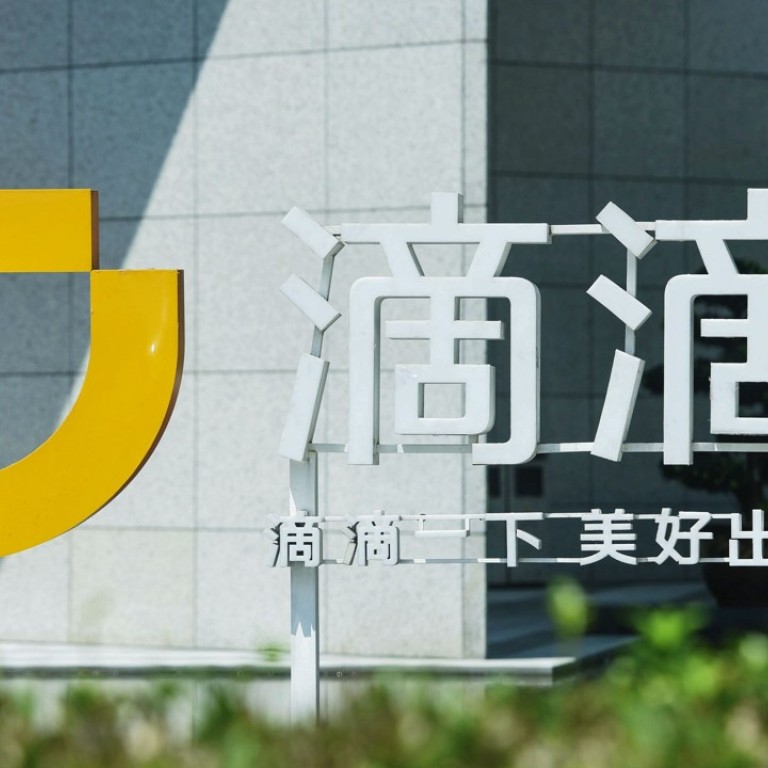
Mobike sues Didi Chuxing’s bike sharing firm over patent infringements, seeking US$1.2 million in damages
Chinese bike-sharing company Mobike said it has filed four lawsuits against Didi Chuxing, China’s dominant ride hailing app operator, and its bike-sharing subsidiary Qingju, over patent infringements for smart locks and adjustable seats, and is seeking 8 million yuan (US$1.2 million) in damages.
Mobike’s lawsuits target two companies – Beijing Xiaoju Keji, developer of the Didi app, and Hangzhou Qingqi, developer of the app for Didi’s bike subsidiary Qingju.
In a statement, Mobike said it is a pioneer in the bike sharing industry and was the first to develop smart locks for such bikes, noting that Qingju launched its service in Chengdu in January 2018. Mobike presented a photo comparing Qingju and Mobike bikes and said Qingju had not “voluntarily reached out to Mobike for technology collaboration or patent permission”.
“We fully respect intellectual property but there’s no verdict from the court yet. Everything will be subject to the legally effective order,” a Qingju spokesperson said.
Qingju is not the only example of Didi extending its presence to the bike sharing market. In 2016, the transport giant put money into bike-sharing firm Ofo and is currently its biggest investor. Didi also took over Bluegogo, a bike sharer that filed for bankruptcy, in January.
Beijing-based Ofo and Mobike are currently the biggest two players in the bike sharing market. Ofo and Mobike ranked first and second in May with 11.3 million and 9.3 million monthly active users (MAU) respectively, followed by Hellobike with 3.7. million MAU over the same period, according to market researcher Trustdata.
China’s bike sharing industry is ‘immature and unreasonable’, needs regulation, says state media commentary
On Tuesday a leaked term sheet for Didi’s proposed acquisition of Ofo was published by Chinese media. An Ofo spokesman denied the existence of such a document and vowed it would remain independent. Dai Wei, co-founder and chief executive of Ofo, previously said in an internal company meeting that there wasn’t an offer good enough for Ofo and he would not even accept a buy out for US$10 billion, people familiar with the situation told the South China Morning Post.
A Didi spokeswoman said the company “hasn’t had any intention to buy Ofo”, adding that Didi will support Ofo’s “independent development”.
The Didi spokeswoman also said the company has never used its veto right on Ofo’s board and promised it would never use it.
Mobike is fully owned by internet conglomerate Meituan Diangping, which is facing off with Didi in the Chinese food delivery, bike-sharing and ride-hailing markets.
Qingju and Mobike both own several patents relating to smart locks for dockless bikes, according to public documents.

